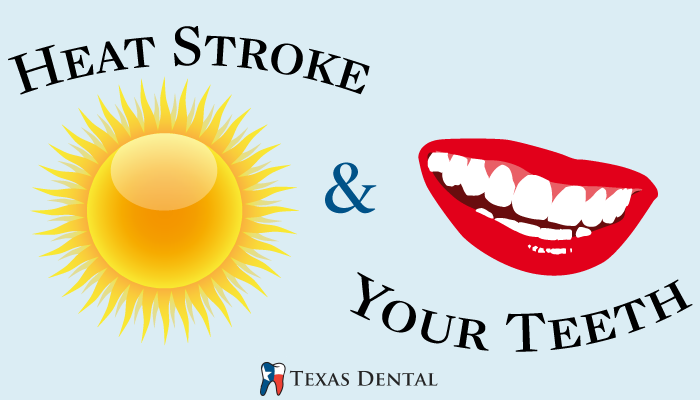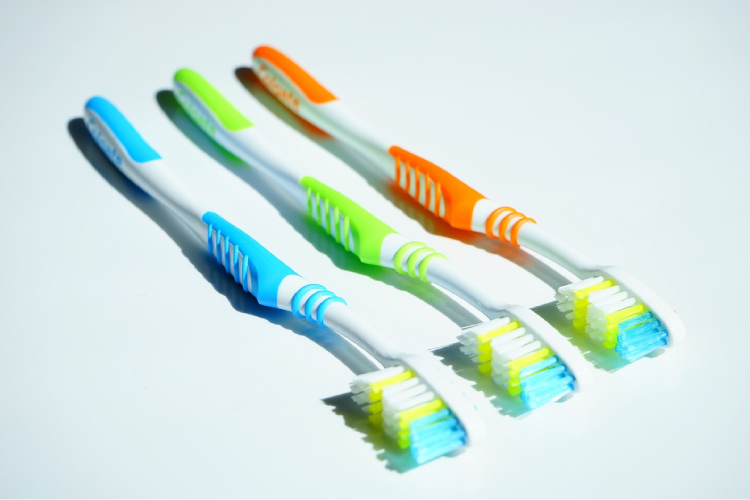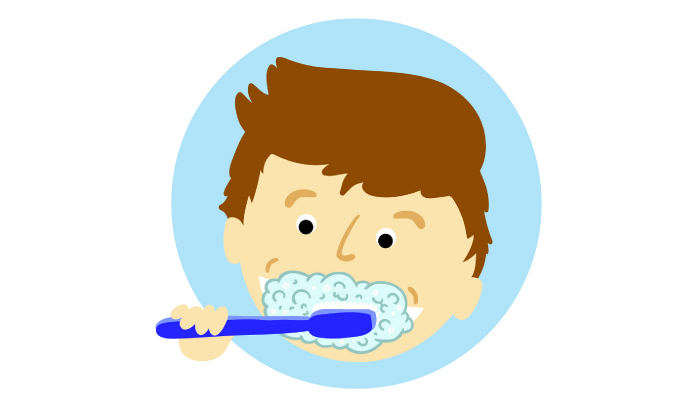Heat Stroke and How It Affects Your Teeth
Summer is in full swing, and it’s time to get out there and enjoy the great outdoors. But with the fun of summer comes higher temperatures, and we want to help make sure that you all stay safe while you’re enjoying the sunshine.
When you’re exposed to high temperatures for long periods of time, you can become at risk for heat stroke. Heat stroke is a serious condition marked by symptoms like headaches, fatigue, dizziness, nausea, and fainting. But did you know that it can also affect the health of your teeth too?

Another symptom of heat stroke is dehydration. When you’re dehydrated, your body is losing more fluid than it’s taking in, which means that your mouth is also producing less saliva than normal. A decreased amount of saliva means your mouth becomes dry rather than staying rinsed.
It’s important to have a healthy amount of saliva, because it actually fights bacteria and helps prevent teeth and gums from becoming infected. Think of saliva like a natural defense system for your mouth! Without enough of it, your mouth is more vulnerable to bacterial infections, and it can lead to weakened teeth, gum disease, cavities, bad breath, and even mouth sores.
Here are some quick tips for preventing heat stroke:
- Stay hydrated by drinking lots of water.
- Use SPF 50 or higher sunscreen.
- Stay in the shade whenever possible.
- Wear a hat and loose, light-colored clothing.
If you have experienced a heat stroke recently, we recommend that you visit the dentist to ensure that your teeth and gums have not undergone any damage. (After you have seen a medical professional and received treatment for your heat stroke, of course!)
At Texas Dental, our dentists can perform an oral examination to see if there are any issues that need addressing before they become more serious.
Stay safe and stay healthy this summer!





